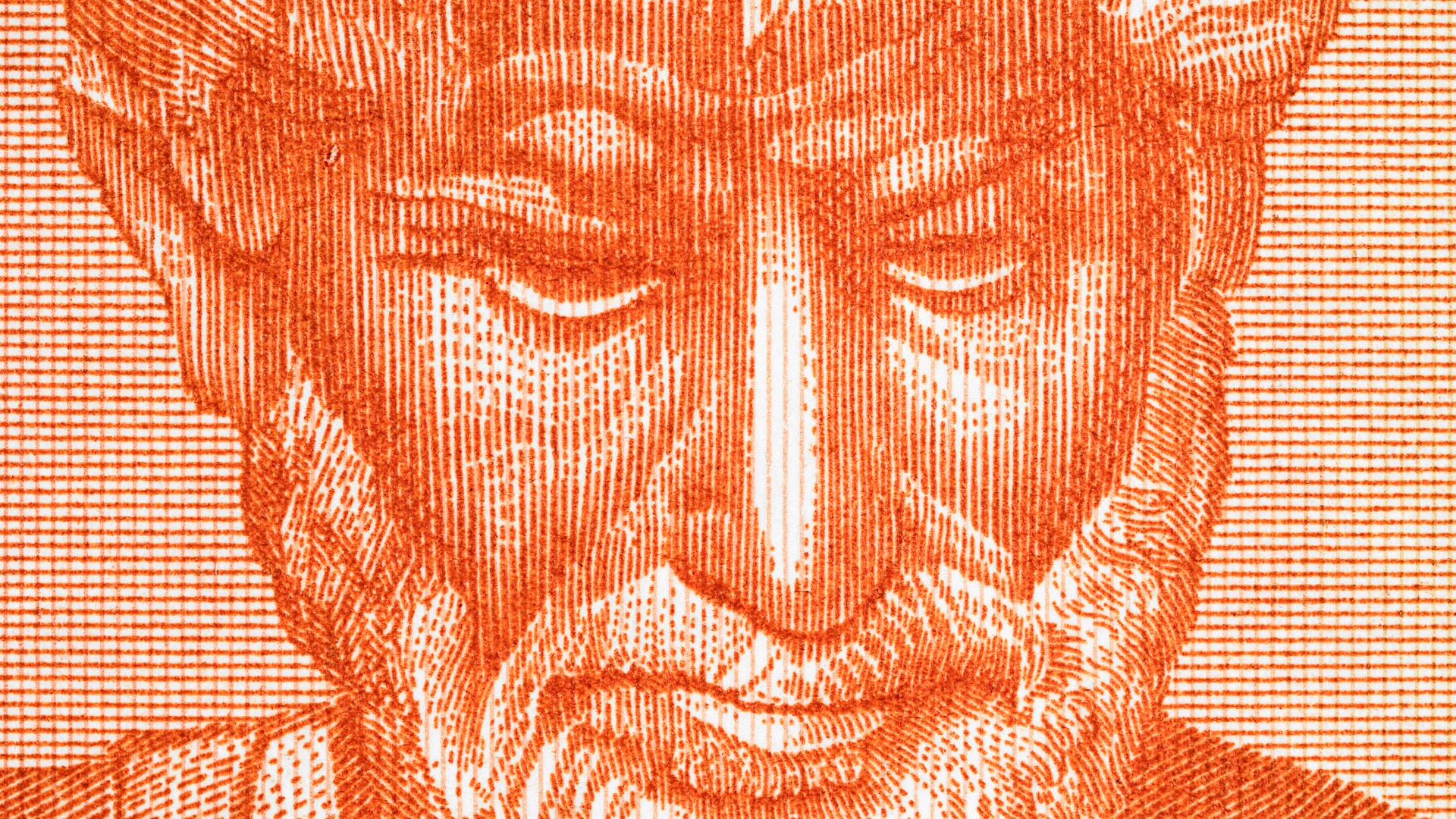Poetry is just a forum for the ego.
Billy Collins: Well it sounds very circular, but what inspires my poetry is other poetry. No one’s smart enough to go into a room and just invent literature or poetry. The reason you write poetry is that you’ve heard poetry. The reason you play the saxophone is that you’ve heard the saxophone. And that’s what produces my poetry – the poetry of the past and the poetry of the present I read today. I mean there’s a kind of egotism that’s involved.
I mean, it’s clearly the most egotistical kind of writing imaginable where the “I” is completely fore grounded. This starts around the time of Wordsworth where he said, “I wandered lonely as a cloud.” I mean it’s quite presumptuous to think anyone would be interested in the fact that you wandered and that it was like a cloud . . . that your wandering was cloud-like. The ego likes to get on the branch and sing. You know, it likes to get up there and show its feathers and sing. And there’s that kind of demonstration of the self. But basically the main writing inspiration is just other poetry, other poems.
When I did my dissertation as a graduate student was essentially in Wordsworth and Coleridge. And if I had to take one poet who was a model for my poetry, it would be Coleridge’s “Conversation” poems. These poems start in a domestic setting. And they were very new in that they would start in the domestic setting. Poems would start either on the top of a mountain or by a river.
Coleridge’s poems start in the back yard, or he’s sitting indoors on a winter night watching a fire, or right around his cottage. And he situates you in his home, and something triggers a memory or an association. And he falls into a kind of reverie and goes on this bit of imaginative travel. And he usually returns to the domestic setting at the end. And his new view of it has been informed by this little travel. A lot of my poems fit somewhat into that pattern.






